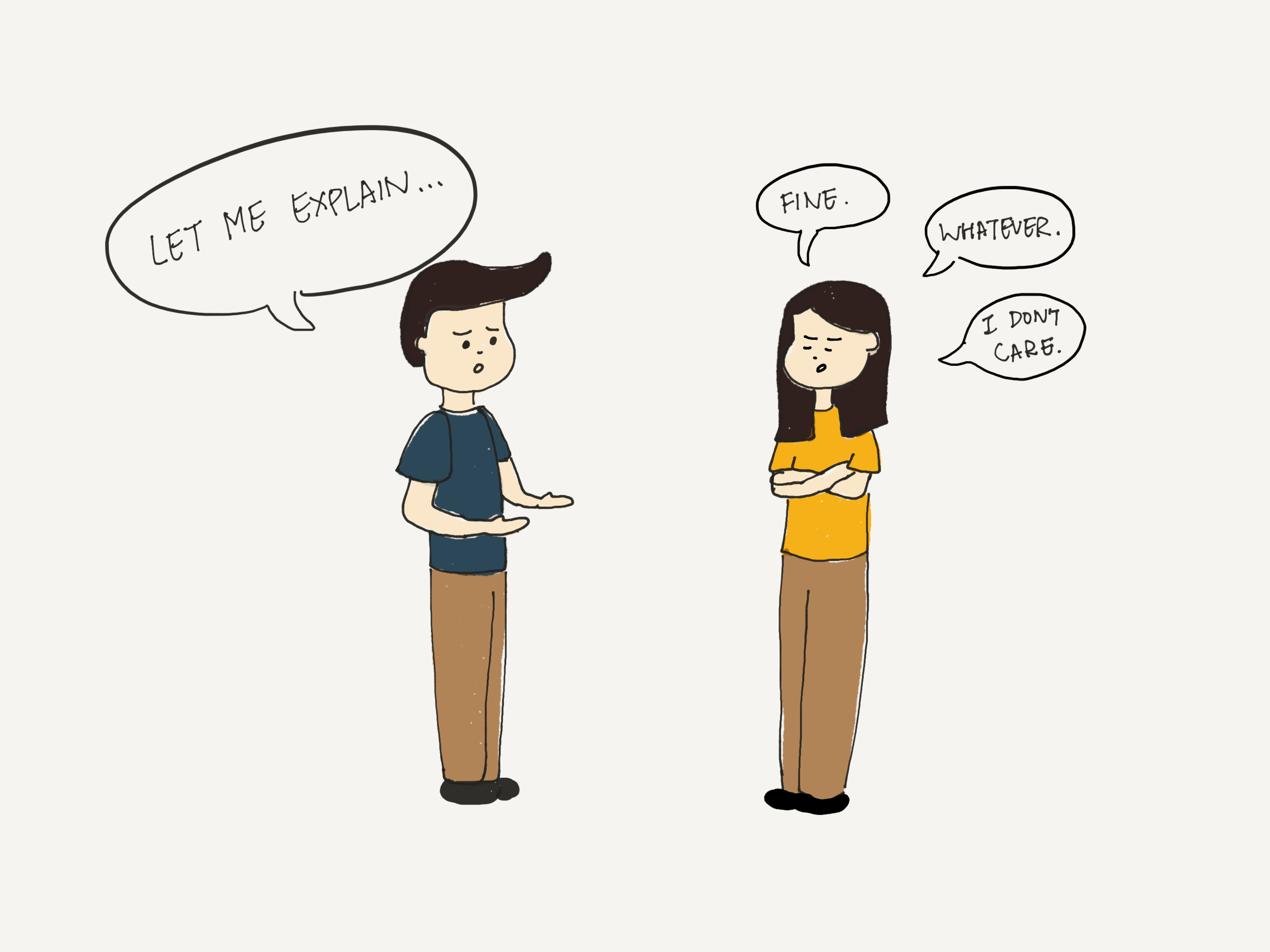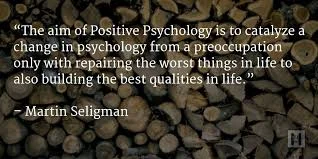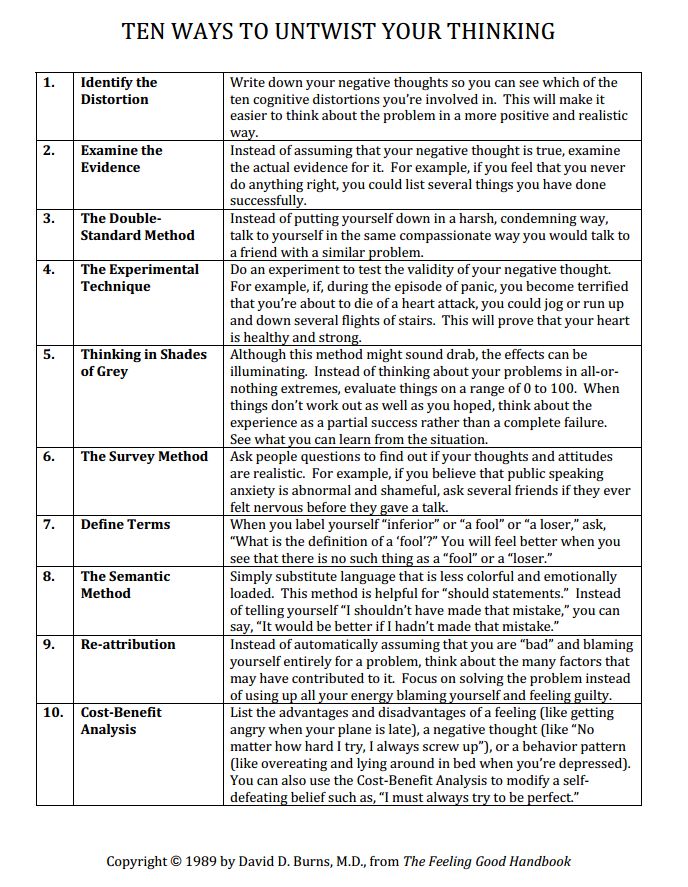Coronavirus, social isolation, civil unrest, soaring unemployment rates, financial stress, racism and politics, to name a few; are all having a significant impact on people’s mental health and well-being.
It’s easy to understand why many people are reporting feeling overwhelmed, lonely, fearful and helpless. These feelings are a normal response to a crisis situation and the stress is affecting nearly everyone on some level. We must also be aware of the effects of race and racial injustice on mental health.
The sheer rate at which our brains respond to the environment is staggering. We aren’t consciously aware of everything our brains are processing and can’t be expected to feel in control all of the time.
There’s also a whole new vernacular to go along with this pandemic. “Quarantine fatigue” has been generally defined by restlessness and frustration. Most people are feeling this to some extent.
Despite wanting to stay connected, people are also expressing feelings of being "burned out" on videoconferencing. This is happening because our brains aren’t wired to videoconference all day and night. There are many faces to process, you have to constantly focus and refocus your attention and you need to mentally shift to figure out who is speaking. It simply takes more mental energy to read faces over video. Keeping this in mind, it's important to take breaks. Stretch, smile, get some water, take a walk.
We are in the middle of an epidemic of fear; and a mental health crisis that will likely only get worse. Paying attention to your mental health is crucial and just as important as paying attention to your physical health. In reality, these aren’t separate. Your stress level affects every aspect of your mind and body.
Fear can evoke a physiological stress response. In short, stressful thoughts are an important signal to your brain to release certain neurochemicals and hormones to get you moving in case of danger. This is adaptive to promote survival if you are being chased by a tiger for example, but not in your day to day life. When stress is prolonged, it may lead to cortisol disruption. Chronic stress causes our brains to produce excess stress hormones, which if left unchecked, can wreak havoc on a person’s mind and body.
The way we think about things has an effect on our minds and bodies. Fear, magnification, rumination, helplessness… these things can incapacitate us. The coronavirus has become a chronic stressor. It’s been here for a while now and is not going away any time soon from what I can tell.
It’s normal to experience all of the emotions. An important thing about emotional regulation is recovery time, or how long it takes you to, "get back to baseline." It’s healthy to have fluctuations in our heart rate and emotions. Difficulty with emotional regulation comes when negative emotions happen frequently and for a long period of time. Or, if they put you or those around you in danger.
Data is already showing higher rates of several Covid-related, mental and behavioral health problems that are affecting millions of Americans. These include: Anxiety, depression, suicidal ideation, substance abuse, post-traumatic stress disorder, violence in the home, cognitive and neurological problems to name a few. These are all on the rise, as a result of the pandemic and related issues and things are looking even worse for front-line, healthcare workers.
Also, research has shown us that parents who are anxious may model anxious behavior for children or expect children to also be anxious (Aschenbrand & Kendall, 2012). Those of us with children at home want to be very mindful of how our own anxieties are playing out. Parents and caregivers may need additional support due to the added stress of taking care of another person.
The good news is that, there are many evidence-based, interventions that people can incorporate fairly easily to promote resilience. We must encourage those around us to use positive coping strategies. It is imperative to recognize the social and economic inequalities and advocate for the more vulnerable low-income workers and ethnic and racial minority groups as well as the elderly.
If symptoms add up or become overwhelming, it’s important to get professional help. Many providers are using telehealth at this point if you’re not able or comfortable having visits in person.
In all of this, we want to find perspective, recognize the silver linings, stay healthy and not give up on coping strategies. Healthy habits, routines, social connectedness and relaxation can all help with stress management. There's not just one right way to manage stress. Try different things and see what works. You can rate your mood or level of well-being, before and after trying various strategies to get data on what works well for you. You can also ask others what works for them. This doubles as a way to connect socially as well.
Some of my favorite stress management tips include:
Healthy Diet/Exercise/Sleep – what’s good for your body is good for your brain and each of these things can boost the immune system as well as mood. Exercise in particular boosts the feel-good chemicals in your brain. Aim for 30 minutes 5 days a week.
Connecting with pets and nature. Pets can help improve well-being. If you don’t have a pet, focusing on nature has been shown to boost mood and have many health benefits as well.
Creating a gratitude practice is certainly worth mentioning and one area that is very well-researched. Gratitude is strongly correlated with greater happiness and better relationships. When we tap into a state of gratitude, we elevate our mood. One way to do this is just to bring to mind 5-10 things you can be grateful for right when you wake up. Writing these things down helps your brain process more effectively, but you can also just do it in your head.
Pay attention to your thoughts. The way you think about things matters. I mentioned earlier how your thoughts can cause your brain to release stress chemicals. Reducing negative thoughts that lead to unhelpful feelings and bringing in more positive thinking can actually help you optimize your immune system! Our thoughts, feelings and behaviors are all connected. What you think affects what you do and how you feel! How you talk to yourself matters. So Be kind! Most of the time people don’t pay attention to how they talk to themselves. When people experiencing a “low” or “anxious” mood start to pay attention, they often notice that an unhelpful or dysfunctional thought came before the feeling.
Socializing (safely). Social support is essential for maintaining our mental health. On that note – try to stay connected – use technology to stay in touch, check in on people often. Here are some tips for increasing social connectedness. Try and be as kind as possible during this time – most people are struggling in some capacity right now. Help people in your life that might be more vulnerable.
Bring in more pleasant events. Pleasant and unpleasant events are happening constantly and much of what goes on is beyond our control. This perceived lack of control as well as the lack of balance between pleasant and unpleasant events can cause frustration, overwhelm and burnout. The good news is that we can make choices about many of the events that happen, and in-turn, improve our well-being. Pleasant events don’t have to be huge activities that require a lot of planning. They can be as simple as listening to a song that you love, taking time to smell your coffee grounds before you make your cup of coffee and savoring that first sip. Self-care can be, simply acknowledging, that you are doing something to take care of yourself. It’s more about the cognitive reframe than what you actually do. Schedule these things into your calendar. If you realize at the end of the day that you forgot to plan your pleasant events, you can take a moment to think about what things you did because you were doing them to take care of yourself. Pat yourself on the back.
Meditation. When we feel overwhelmed, It’s important to remember, that most of the time, nothing terrible is happening in the present moment. If we can come back to our bodies, come back to our breaths, and remind ourselves of that fact; we can take a big step toward feeling better. With our eyes closed and our breath deepened, we tell our physiology that we are safe. A few minutes of conscious breathing can completely shift our mood and bring a sense of calm. We can directly impact our autonomic nervous system, our mood, our immune system and pain receptors can become less active. There is so much research out there that champions the benefits of meditation to help everything from: stress-reduction, improved cognition, better sleep, pain reduction, decreased inflammation, disease prevention, anxiety, lower blood pressure and more. A meditation practice can help you realize that you are not your thoughts and can create some space between thinking and reacting.
Most of us start our days in a rush. I have a challenge for everyone. Tomorrow, when you wake up, try acknowledging yourself with a smile and a “ good morning.” Take 5 deep breaths before grabbing your phone or doing anything else. Think about what you can be grateful for; think about what you’re going to do to take care of yourself…When we start our day in a calm and grounded way, everything tends to feel more manageable. Thank you and stay safe!

















